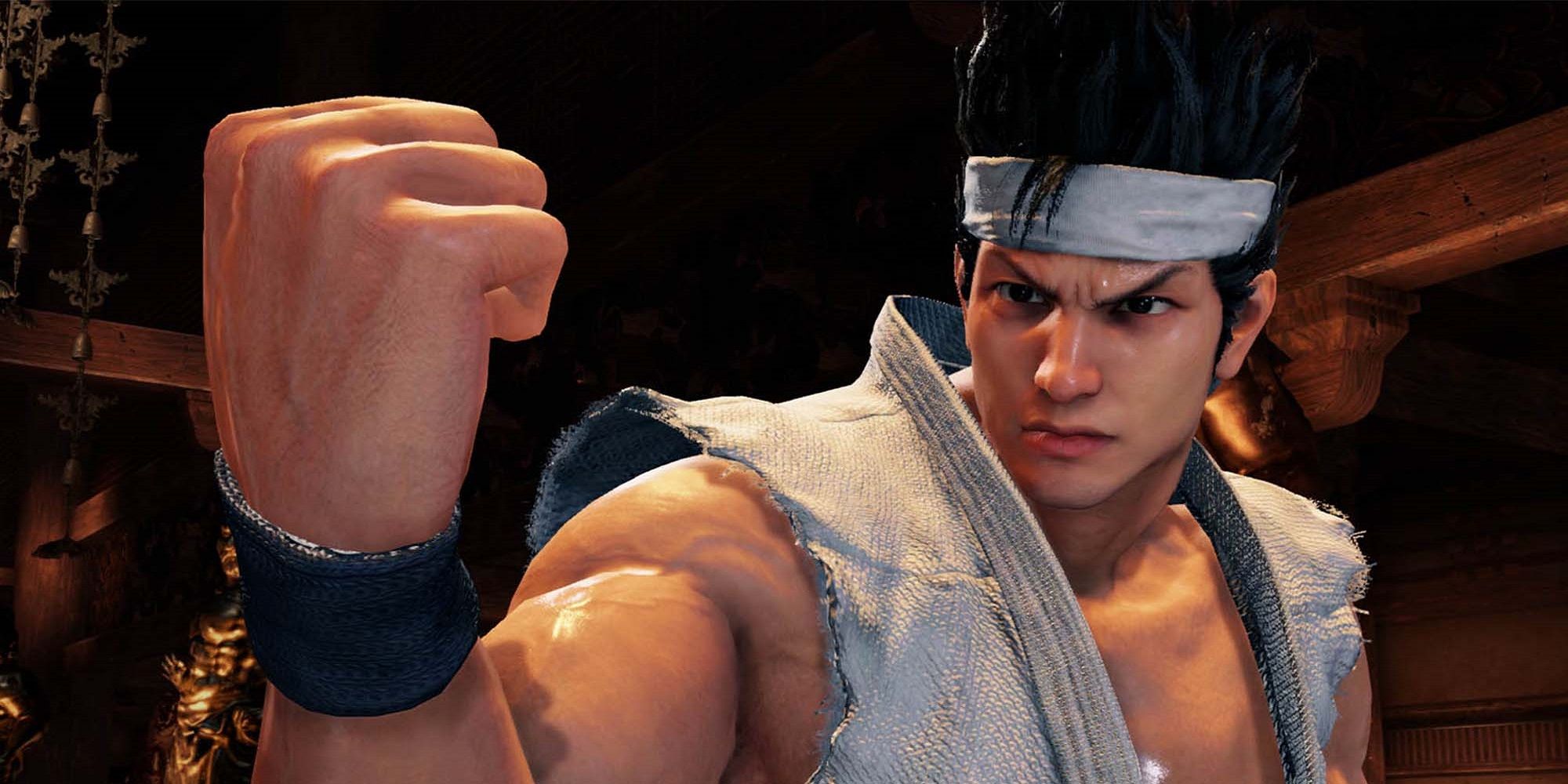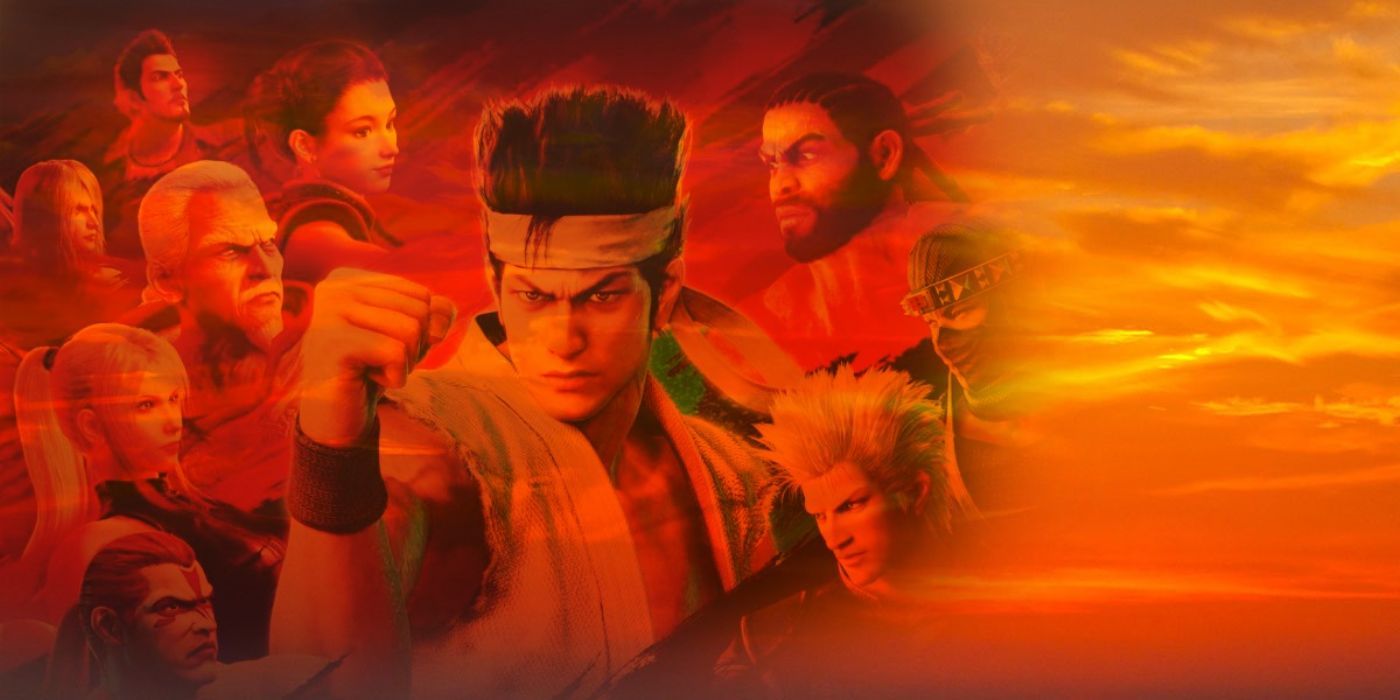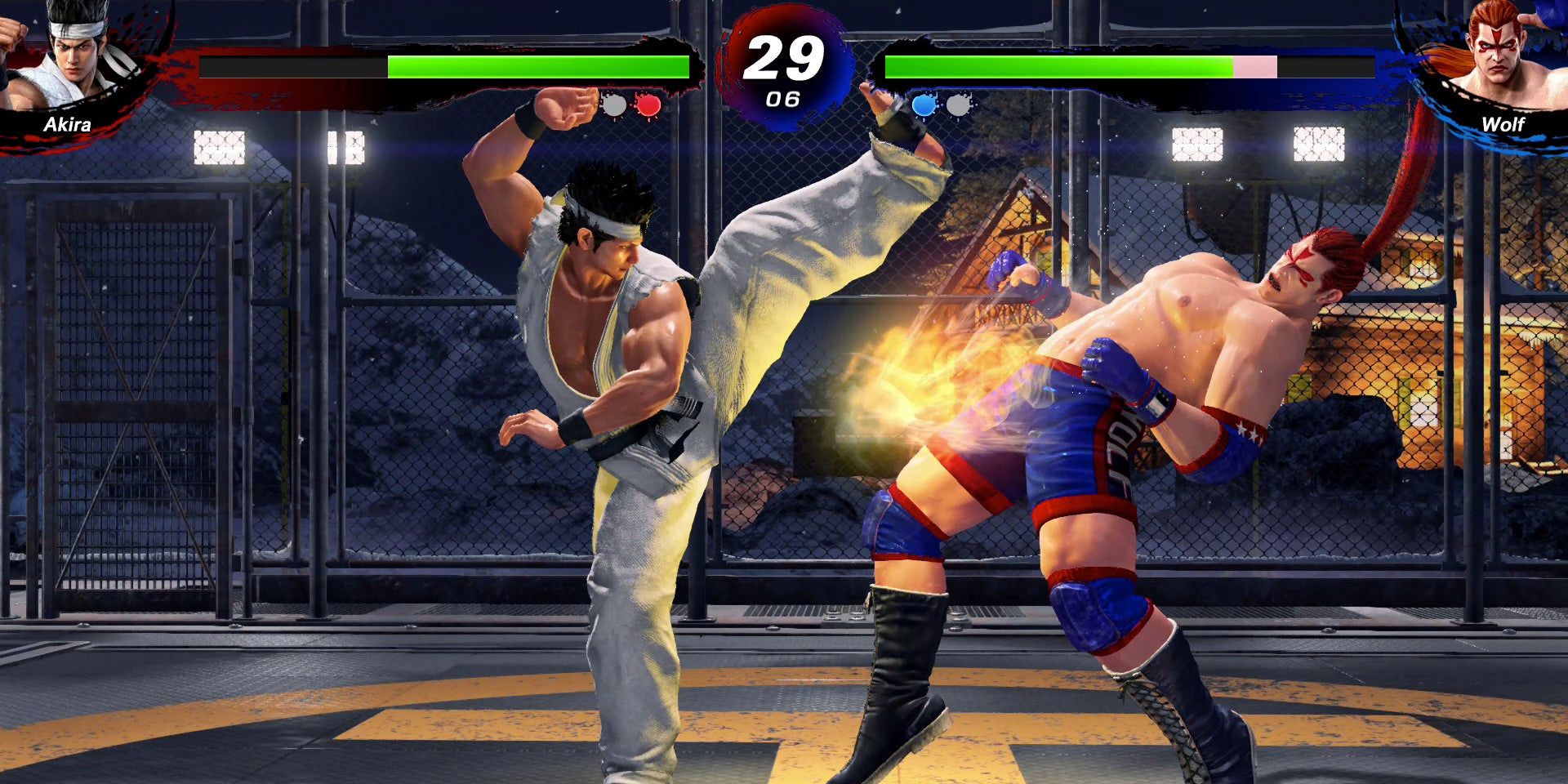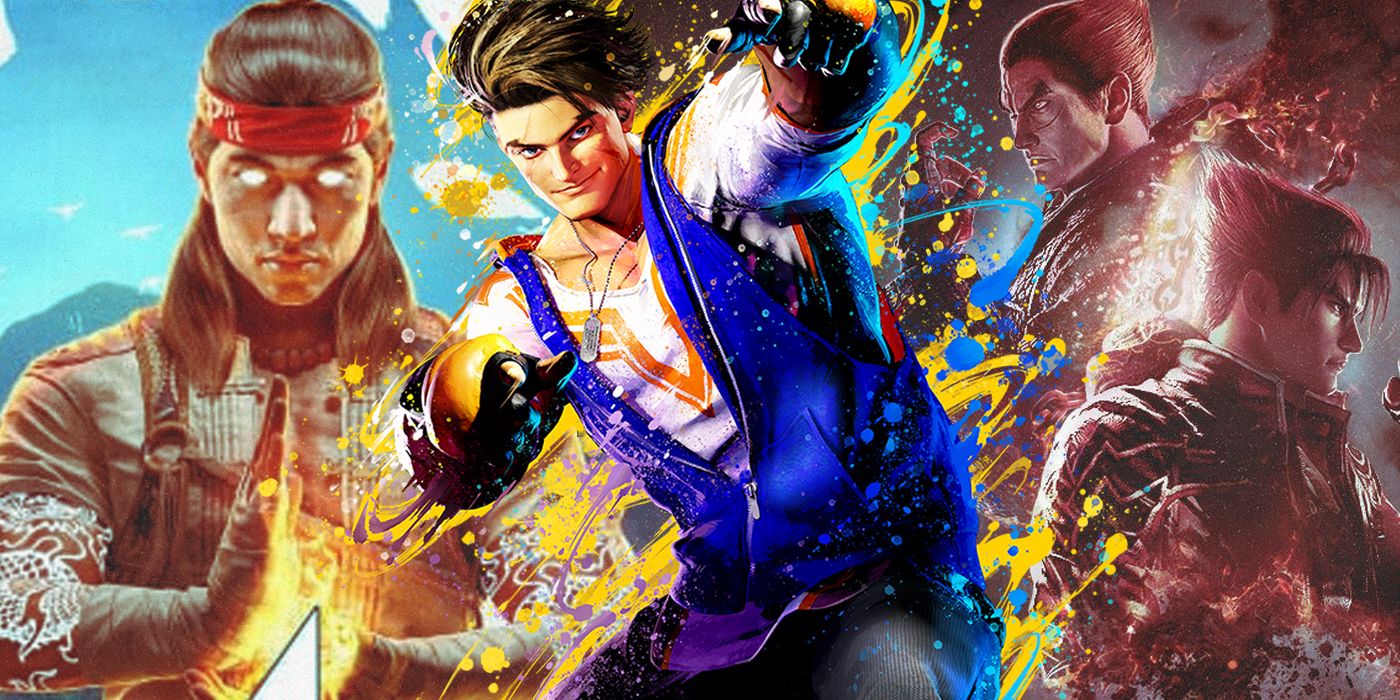Summary
- Virtua Fighter, a beloved fighting game franchise known for its deep gameplay system, has been dormant for over 15 years, while other properties are making a comeback in the industry.
- Despite being revolutionary at the time of its release, Virtua Fighter was overshadowed by similar games that it influenced, leading to its decline in popularity.
- The current resurgence in the fighting game genre presents an opportunity for Virtua Fighter to make a comeback, but the new entry would need to offer a robust story mode, tutorial mode, unlockable content, and strong online multiplayer to compete with other successful franchises.
Among video games, one of the most difficult-to-master yet rewarding genres is the fighting game genre. This subset of games has seen several franchises come and go in popularity, with fans still participating in tournaments for older titles. Now, the industry is experiencing a renaissance in fighting games, but one classic franchise is still missing in action.
SEGA's Virtua Fighter is beloved by hardcore gamers and is known for its deep, complex fighting system. Sadly, this was one of the elements that kept it from truly becoming mainstream among gamers. Now, the franchise has essentially been dormant for over 15 years, and though other properties are coming back swinging, Virtua Fighter's fate remains on the ropes.
Why Virtua Fighter Is One Of The Most Important Fighting Game Franchises
Releasing in 1993, the original Virtua Fighter was a landmark title in the annals of video games. Created by Yu Suzuki, it was the first arcade fighting game to have completely 3D polygonal graphics. With the action from a three-dimensional perspective instead of 2D sidescrolling, it was quite different from its contemporaries such as Capcom's Street Fighter series, Midway's violent Mortal Kombat, or the many fighting games from SNK. The innovation wasn't merely visual, however, with Virtua Fighter boasting a deep gameplay system that punished button mashing and rewarded players who learned how to navigate its systems. This aspect also translated to the presentation and mythology.
Virtua Fighter was a lot less flashy than its competition, lacking fireballs, supernatural attacks, or overt fantasy elements. Given a far more grounded feel, it was incredibly unique in a landscape that had become flooded with cheap Street Fighter II knockoffs. Upon release, the game was lauded by critics and gamers, with the arcade version being a major moneymaker for SEGA. From there, several sequels and spinoffs were produced, cementing Virtua Fighter as one of the video game developer's premiere franchises. This ensured that SEGA had more to fall back on than just the Sonic the Hedgehog franchise. Likewise, it also led to two other gaming properties, albeit somewhat unintentionally.
Yu Suzuki went on to develop a planned Virtua Fighter RPG that told an adventurous story based around the main character Akira Yuki. This project eventually morphed into Shenmue, an ambitious adventure game that paved the way for today's open-world video games. Likewise, the seeming end of that franchise saw SEGA replace it with the far more successful Yakuza/Like a Dragon games. These have become some of the company's biggest successes, with several new titles on the way in 2024.
Why Virtua Fighter Has Been Overshadowed By Other Fighting Games
Despite how revolutionary it was, Virtua Fighter wasn't able to maintain its place in the pantheon of fighting game franchises. This wasn't due to any particularly disappointing entries, with the series as a whole seen as having some of the best-reviewed and most consistent games. Instead, it was merely overshadowed by similar games that it inspired. A year after the first Virtua Fighter came out, Namco responded with the Tekken fighting game series. This was followed by Tecmo's Dead or Alive, with Mortal Kombat and even Street Fighter jumping into the third dimension. It was a case of the innovator not being able to keep up with how the competition was perfecting its template.
This goes back to the two biggest strengths of the original game — Virtua Fighter is a far more realistic game than the competition, and this can make a lot less compelling in arcade spaces compared to other franchises. It's also the least-story-oriented fighting game series, making the characters and plot even harder to get into. While older fighting games may not have prioritized storytelling, it was an understated element that helped make the games worth playing. With Virtua Fighter completely overlooking this part of the equation, it was thus only of interest to the most hardcore fighting game enthusiasts. It didn't help that licensed fighting game franchises came out that featured several iconic characters.
Speaking of which of gameplay, there's also the fact that its gameplay was especially deep. With little in way of exciting attacks and the more mundane martial arts hard to master, it was essentially made with fighting game fans in mind. This repelled more casual gamers, and even for hardcore fans, there were other, many times more interesting options at their disposal. This has resulted in the last full Virtua Fighter game — Virtua Fighter 5 — released all the way back in 2006, making the series something of a forgotten relic.
Now Is the Best Time For A Virtua Fighter 6
Currently, the fighting game genre is seeing major attention, the likes of which it hasn't had in years. This was jump-started by the release of Street Fighter 6, which was seen by many as a vast improvement over its predecessor and one of the best games in the franchise. Recently released Mortal Kombat 1 continued the positive reception of the violent series' newer games, and now, many gamers are looking forward to the much-hyped Tekken 8.
An increase in single-player content (namely story modes) for the genre has made it more accessible for casual gamers, as has easier tutorial modes that make learning the ropes a lot easier. The biggest franchises in fighting games are leading the charge for the genre to reach new heights and new audiences, so it might be prime time for Virtua Fighter to finally come back with a new entry. Of course, it can't simply be business as usual, as the game needs a lot of content to truly compete with what else is out there.
Beyond the usuals such as Arcade Mode, Time Attack, and Survival Mode, a robust story mode, a fun Tutorial Mode, loads of unlockable content and a strong online Multiplayer interface are outright necessities. The series hasn't really had this heretofore, but even Street Fighter lacked some of this before its most recent games. Thus, SEGA has a good degree of rivals to base this new game on, and the thirst for a new Virtua Fighter might help to further hype it up. So long as these elements combine into a game worth waiting for, Virtua Fighter 6 can show who's really boss and deliver a knockout punch to the rest of the genre.



